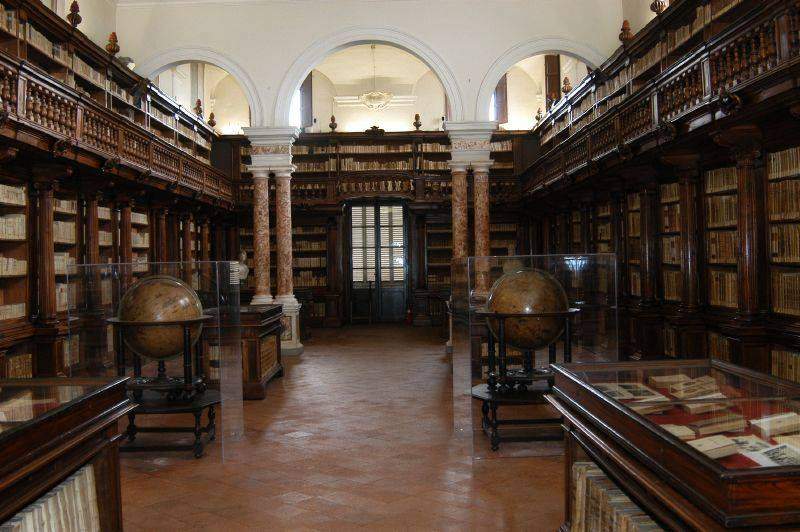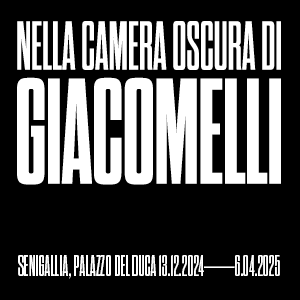"Cultural heritage is absent from the Recovery Plan." The letter from five associations
The Recovery Plan has forgotten about archives and libraries, plus expenditures are concentrated on only a few sites: five national associations active in the field of cultural heritage (Italia Nostra, Associazione Bianchi Bandinelli, ANAI Associazione Nazionale Archivistica Italiana, Emergenza Cultura - in defense of Article 9, Do you recognize me? I am a cultural heritage professional). Below is the full text of the letter:
The five associations signing this letter note how, in the plan sent to the Chambers on April 25, cultural heritage, beyond the proclamations, is in fact absent. Despite the obvious critical knots yet to be unraveled, and the structural weakness of the system, as ascertained by the data that recount the collapse of 2020, cultural heritage and activities in this plan have an ancillary role compared to other collateral sectors, such as tourism and construction. Once again the choice to marginalize cultural spending is repeated: allocations are less than 2.7 percent of the total and are concentrated away from territorial structures (libraries, archives, archaeological sites and minor museums etc.etc.) to fall on a few sites and subjects, aiming to create huge redevelopment and digitization projects chosen with obscure criteria. Even the flaunted attention to “hamlets” is resolved into an intervention aimed at promoting their “attractiveness,” that is, boosting tourism.
As for seismic safety, all but hamlets and FEC (Fondo Edifici di Culto) remain excluded, leaving out even monumental buildings that hold archives and libraries. It pains us to remember that in L’Aquila, in the photo-symbol of the earthquake, next to the Prefecture building, the very rubble of the State Archives appears.
Given Italy’s enormous cultural heritage, the creation of giant isolated hubs across the territory, in the absence of a functioning system, becomes part of the problem, not the solution. Nor are the problems of the sector, made up of the absence of planning and funds for day-to-day management, staff shortages, exploited and poor labor, and constant outsourcing of cultural services and revenues, which is a cost to the state and lowers wages-all the problems that insiders have been pointing out for years. It is precisely these insiders who were ignored by the government and the Ministry during the writing of the plan, whose political leadership once again decided to pursue its self-referential logic, ignoring requests and proposals and limiting itself to catwalks and press releases. We are convinced and convinced that listening to those who live the sector every day would have been essential to point out to the drafters of the plan the enormous shortcomings found in it.
Archives and libraries appear only in the appropriation dedicated to “digitization,” which is described quite generically: “12 projects to increase, organize, integrate and preserve the digital heritage of archives, libraries, museums and in general from places of culture; to offer citizens and operators new ways of use; to improve the offer of services; and to develop a cloud and software infrastructure for the management of digital resources.” Not only what exactly these projects are remains unknown at the moment, but there is no way of knowing what the allocations of these 500 million euros are among the heritage sectors.
The plan contains huge expenditures, without there being a ministerial organization chart capable of managing those processes given the staff shortages; it contains expenditures for the creation of 5 gigantic repositories for emergency situations, when the Superintendencies spread throughout the territory lack repositories for the ordinary; and despite talking about sustainable tourism, it still makes investments fall back on strategic and central sites, called “major attractors,” retracing the same basic logic that makes mass tourism such, with all the consequences of depopulation and poor jobs that come with it. Entire areas of intervention are completely absent, starting with human resources.
Despite the fact that it has been repeated ad nauseam, by experts in the field and otherwise, how fundamental culture is to transforming our society for the better, and despite how much the sector has suffered, we risk being faced with yet another squandering of public funds, this time on an unprecedented scale. We cannot allow this. Therefore, these associations are asking the Ministry to be heard, we are asking for the creation of thematic tables to deal with individual items of expenditure, because if we have now missed the opportunity of this Recovery Plan, we at least have a duty to get those funds where they can bear fruit.
Pictured: the State Library of Lucca
 |
| "Cultural heritage is absent from the Recovery Plan." The letter from five associations |
Warning: the translation into English of the original Italian article was created using automatic tools. We undertake to review all articles, but we do not guarantee the total absence of inaccuracies in the translation due to the program. You can find the original by clicking on the ITA button. If you find any mistake,please contact us.





























